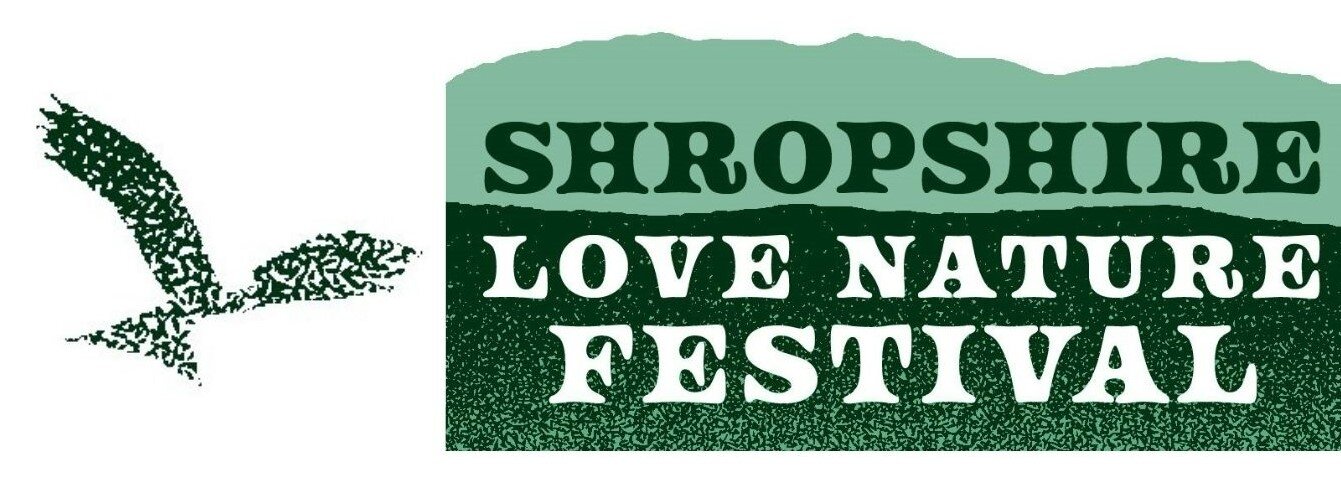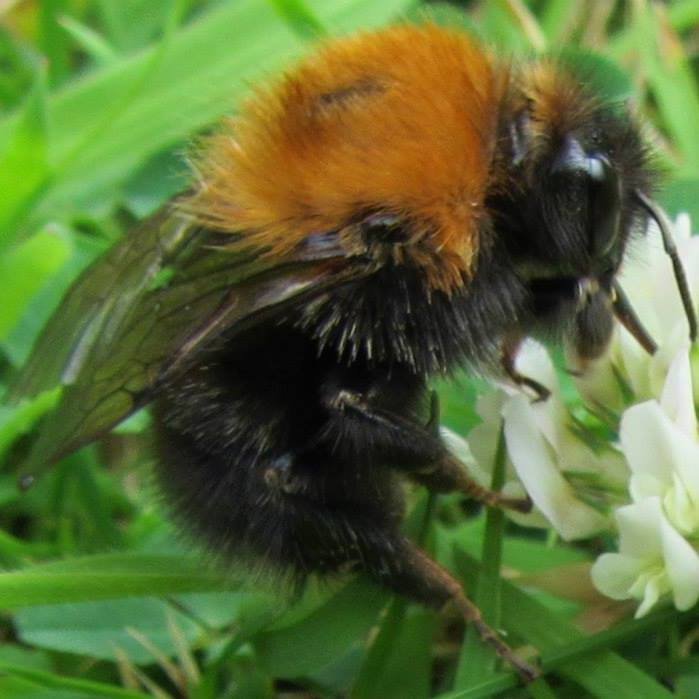The War on Aphids!
UPSKILL: Aphids are necessary for Wildlife 😎
Your Worst Nightmare ? But is it? And Should it be, even?
We’ve been brought up to believe aphids are open of the horrors of gardening and indeed we see the damage they do in our gardens. But do we also see that damage in wild, un-gardened nature? I mean the real stuff, not farms, even organic ones, but wild nature. No, we don’t, or only very rarely and then usually because humans have in some way upset the ecosystem.
What are aphids for? What did nature invent them for? Did nature make a mistake?
Gradually, as we get better connected again with the natural world we’re learning nature doesn’t make mistakes. What happens is that we don’t understand what’s going on, what nature invented whatever-it-is for, and how it’s actually an integral part of a working ecology.
So … what about aphids?
As soon as they see aphids, many gardeners reach for a bottle of bug-killer, want to protect their plants, and so the War on Aphids begins.
But there’s lots of things wrong here. The War on Aphids, reaching for the insecticide, makes climate change worse. But it’s how we’ve all been brought up, what we’ve all been taught is the right thing to do, so we do it. Changing our ideas can blow our minds a bit 😊
Killing aphids is really not a good thing to do. It actually screws up the health and wellbeing of a garden ecosystem. Oooops! That wasn’t what you meant to do at all!
To help our declining wildlife species, like songbirds, hedgehogs and pollinators, we really can’t use insecticides. They’re broad-spectrum bug-killers that kill loads of beneficial creatures … like all the invertebrate predators who eat aphids for lunch! And not only them, in the knock-on effect the insecticides kill pollinators like bees, bumblebees, butterflies and hoverflies. Oooops again!
Bumblebee
one of our many vital pollinators
Labels … do they help?
Well, perhaps the first thing to remember is the first concerns of the big Pharma companies who make pesticides are to sell loads of product, make money and keep their shareholders happy. A secondary, but important to them, concern is to stay within the law so they don’t get sued, lots of bad press, and so lose money.
It really isn’t reasonable for us to believe they have our (or wildlife’s) best interests at heart. I mean, with priotities like that, how can they? And you need to be carefully beware of labels like ‘non-toxic’ and ‘environmentally friendly’. I’m not a chemist, nor a biologist, but I am a curious old bat who will hunt through Google for scientific papers to see if I can see just precisely what those ingredients on the tin actually do. Very often I get a much clearer idea … and it ain’t good! So poisons are very much an absolutely last resort for me, like if there’s a tree growing out of the wall of my house!
There’s always a better way. It can take a bit of thinking and pondering, and often changing my old gardening habits that are now well past their sell-by date, but I’ll find it 😊
So what does Mother Nature need aphids for?
Well, to start with, when they first appear in Spring they’re an utterly vital food source at the bottom of the food chain.
You know how we all talk about the “hungry gap” with veggies for ourselves? Well the same thing happens for animals and birds too, especially those who wake up from hibernation like hedgehogs, and the little critters like voles and shrews and woodmice who live in the bottom of your hedge and the tussocks of long grass you left last No-Mow May.
If we bump the aphids off then all those little critters will starve. And – going on up the food chain – the owls will starve, and so will the foxes and badgers, weasels, stoats, even pine martens if you’re lucky enough to have them. And all the corvid family too, like beautiful jays, and fantastic ravens, and aerobatic crows. Oh and I forgot the fabulous spiders, they eat aphis too.
Oooops yet again, that wasn’t what you meant to do at all!
Ladybird eats aphid
When we first see aphids it means the predatory midges, parasitoid wasps, lacewings and their larvae, rove beetles, hoverfly larvae and ladybirds are all awake and ready to be on their jobs in your garden. Those guys feed on the aphids and lay their own eggs, and their larvae feed on them, grow to adults and increase the predator numbers so they naturally control the aphids. But if we kill the aphids, not only will all the beneficial creatures already on the plant be killed, but there will be no food source for attracting any more of them! Ooooops!
Creating a wildlife-friendly garden includes enabling the essential food chains for it to exist and aphids are a vital part of that. We need to learn to leave them alone. Or if it really all does get too much then to manage them in a safe way, like squishing them off with your fingers or washing them off with the garden hose. Oh and, sorry, but soap is poisonous to just about everything … that’s partly why we use it to wash our hands, and the dishes!
So Mother Nature didn’t make a mistake with aphids after all! We just didn’t get the whole chain of how she works 😎



